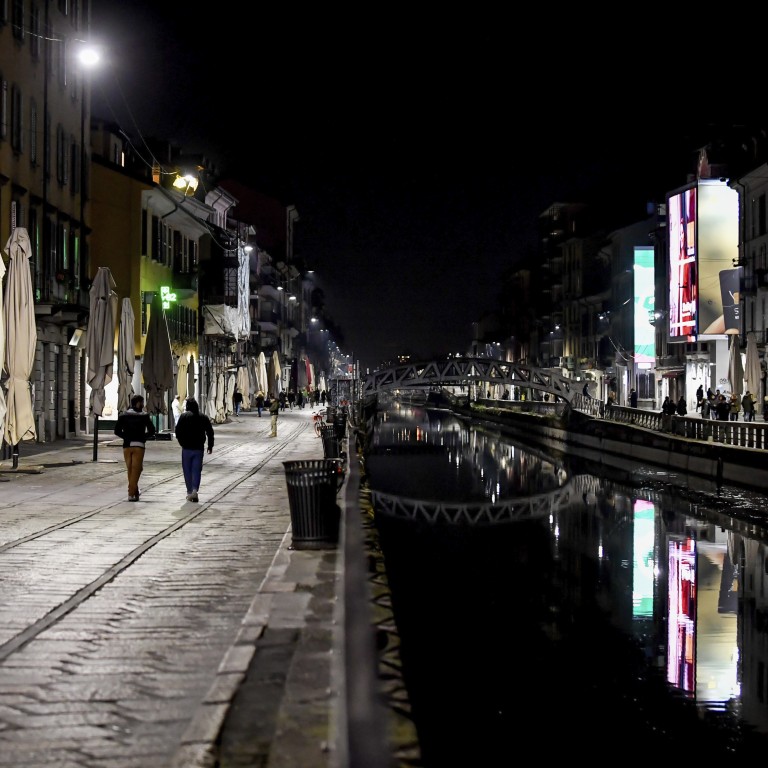

According to this argument, in the context of an emergency, public health policies should err on the side of caution, and weaker evidentiary basis (than outside the emergency) may be sufficient to justify restrictive measures. One argument often offered for the justification of restrictive measures of individual freedoms is grounded in the precautionary principle. In response to a journalist pressing him on his decision to ban all types of exercise including walking or running alone, Bonaccini responded:

In Emilia-Romagna, my region Footnote 2 and the second hardest hit by the coronavirus outbreak after Lombardy, the governor Stefano Bonaccini implemented a restrictive running ban ahead of Italian’s central government decree (Ordinanza Regione Emilia Romagna, March 18 th, 2020). Although some of the international press have reported that running was allowed in Italy during Phase 1 of the lockdown (Hirsch 2020), this was an inaccurate statement, as Italy was the only country in Europe on a par only with Spain, to adopt a ban on outdoor exercise on the basis of a national decree.īecause of a certain degree of decentralization of executive power in the Italian republic, governors of the twenty regions of Italy can decide autonomously on public health matters concerning their region. All parks and outdoor spaces were closed public benches were cordoned off. A self-declaration stating the purpose and destination of travel was required. Footnote 1 Police cars patrolled the streets and enforced the lockdown, and movements from a) to b) were allowed only out of “necessity”: for health reasons or to go grocery shopping. Freedom of movement was severely restricted during the peak of the COVID-19 outbreak, from February 23rd to May 5th in Northern Italy. Italy experienced the COVID-19 pandemic in the spring of 2020 ahead of every other country in Europe, and reacted to it with one of the most stringent lockdowns in Europe.

In this paper I will discuss the ethical justifiability of the limitation of freedom of movement, in particular of the ban on running outdoors, in Italy.

There are, however, other no less important ethical issues arising from public health policies during lockdown, which have implications for the management of future infectious disease outbreaks and which deserve our utmost attention.
#NORTHERN ITALY LOCKDOWN HOW TO#
Instead, we should reflect on the trade-offs of lockdown policies according to a pluralist framework, in which COVID-19 related deaths are not the only possible value to pursue.īioethicists, including myself, have basked in opportunities to write about the myriad ethical issues arising from the pandemic: from ethical criteria on how to allocate scarce life-saving resources to critically ill patients at the peak of the pandemic to ethical issues arising from the shortage of personal protective equipment for healthcare professionals, to questions of prioritisation and access to experimental treatments. This discussion should not become politicized along the lines of liberal pro-lockdown/conservative anti-lockdown. I conclude that if it is the case, as the history of pandemics teaches us, we will experience further waves of COVID-19 outbreaks, it becomes very important to raise these questions now, with an eye towards informing public health policies for the management of future COVID-19 outbreaks. Finally, I raise the question of what societal implications the abandonment of the public health ethics framework based on proportionality might have. I discuss possible factors which could explain the public support for the ban in Italy. The public health ethics framework, however, falls short of explaining the widespread public support that the running ban has had in Italy. I argue that through the lens of public health ethics literature, the ban on running falls short of the criterion of proportionality that public health ethics scholars and international guidelines for the ethical management of infectious disease outbreak recommend for any measure that restricts essential individual freedoms, such as the freedom of movement. In this paper I discuss the ethical justifiability of the limitation of freedom of movement, in particular of the ban on running outdoors, enforced in Italy as a response to the COVID-19 outbreak in the spring of 2020.


 0 kommentar(er)
0 kommentar(er)
